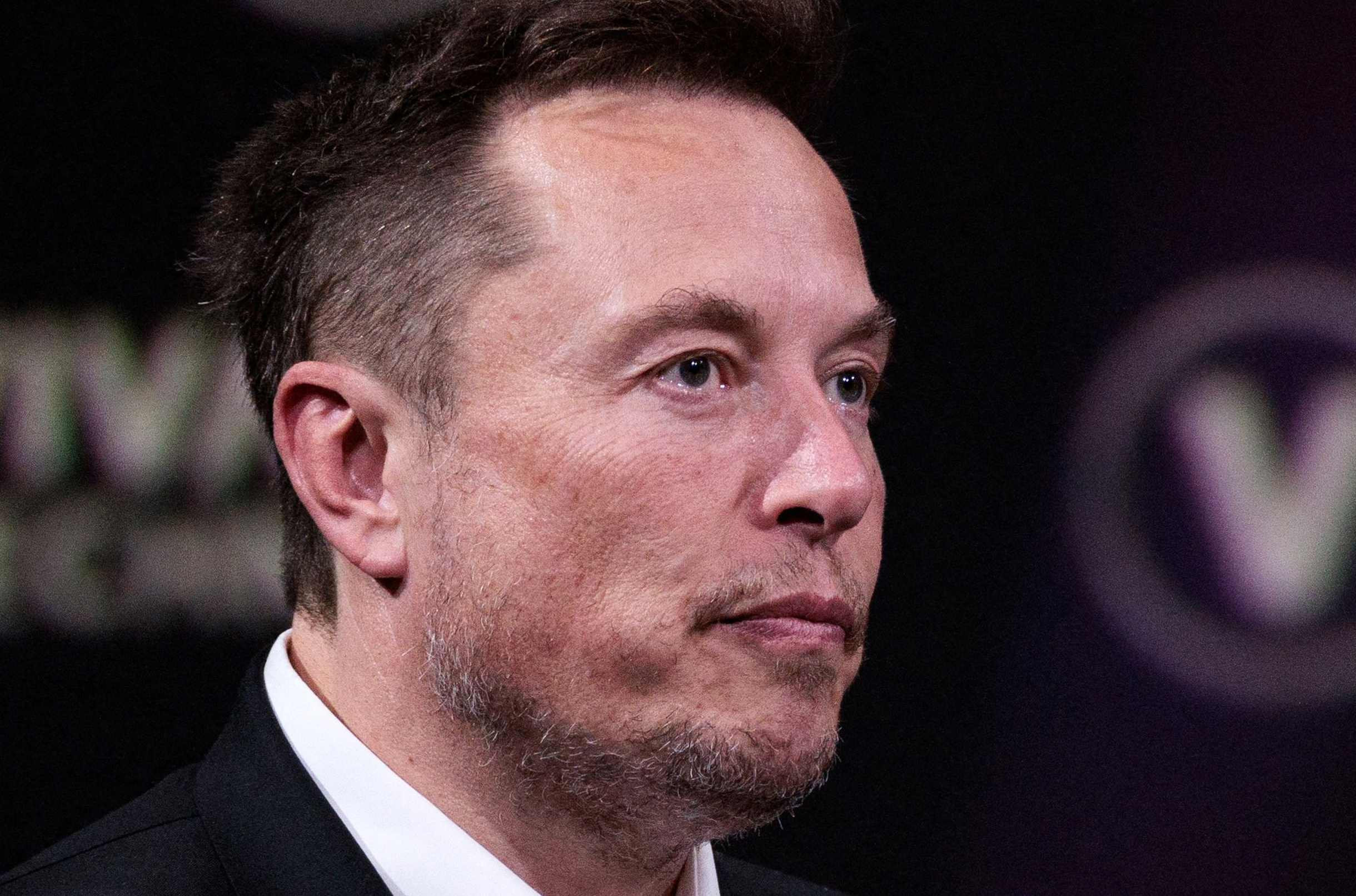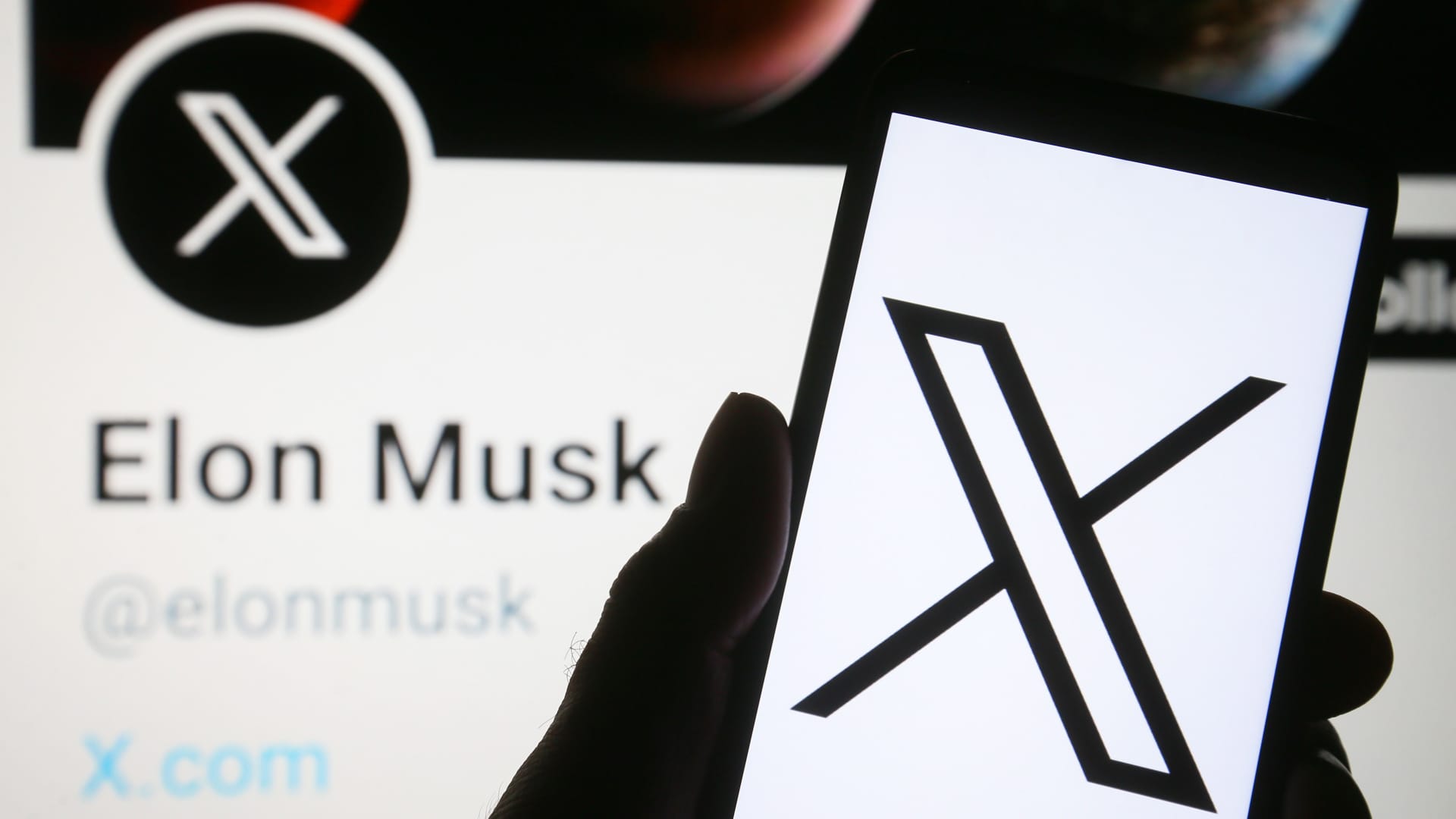The European Union’s Digital Services Act went into effect on Aug. 25 , just as the European Commission released a study detailing how the act can be used to stem online Russian ...
www.dailykos.com
by Walter Einenkel for
Daily Kos
Daily Kos Staff
Sunday, September 03, 2023 at 12:00:07p EDT
https://www.dailykos.com/stories/20...keover-helped-Russian-disinfo-thrive#comments
The European Union’s Digital Services Act went into effect on
Aug. 25, just as the European Commission released a
study detailing how the act can be used to stem online Russian disinformation campaigns. According to the study, “Preliminary analysis suggests that the reach and influence of Kremlin-backed accounts has grown further in the first half of 2023, driven in particular by the dismantling of Twitter’s safety standards.”
The results of the European Commission’s study are no surprise. Elon Musk’s buy-it-and-break-it tenure at X, the company formerly known as Twitter, has been
well-documented. His
general hypocrisy about being a “
free speech absolutist” aside, the world’s richest man has spent a good amount of time misrepresenting facts about his new acquisition. Whether he is lying about the service having an
anti-Trump bias before he bought it, or whether he’s lying about how many
real-life followers he has on his platform, Musk’s X has been a relentless medium for
misinformation.
But Musk is not alone. Although he
is responsible for
crushing his company’s
moderation team and allowing disinformation to flourish on X, Meta and other social media companies have failed as well.
According to the European Commission’s study:
In absolute numbers, pro-Kremlin accounts continue to reach the largest audiences on Meta’s platforms. However, their audiences only grew marginally on Facebook and Instagram compared to other platforms. The subscriber numbers of pro-Kremlin channels more than tripled on Telegram since the start of the war, more than doubled on TikTok and rose by almost 90 percent on YouTube.
The Digital Services Act will enforce unprecedented and broad regulations on the largest online tech giants. It requires enormous online companies like X, Meta (which owns Facebook and Instagram), Amazon, TikTok, Google, and others to be transparent about their data collection. The act also seeks to gain transparency in how a company manipulates its consumers, and how social media platforms moderate not only illegal activity but also potentially damaging disinformation.
The EU believes that if the Digital Services Act had been in effect last year, Russian disinformation efforts could have been mitigated by compelling big tech companies to demonetize and stymie the reach of many of these bad actors. This is good news for Europe and hopefully for Ukraine. Unfortunately, we have no such regulations in the United States, and the bills that have been suggested—usually focused on rolling back Section 230 protections—are
not a solution.
While EU countries can look forward to more accountability from tech giants, Americans are bound to be dealing with even more disinformation. Services like Facebook and YouTube have begun stepping back their moderation efforts in advance of
the 2024 presidential election. That means former President Donald Trump’s constant lies won’t be accompanied by a note pointing out that he’s lying.
Trump’s continuing legal problems, the car crash of a Republican debate, and the polling numbers defy the traditional media’s narrative that the Republican Party is even above water with voters.


www.newsweek.com







www.today.com